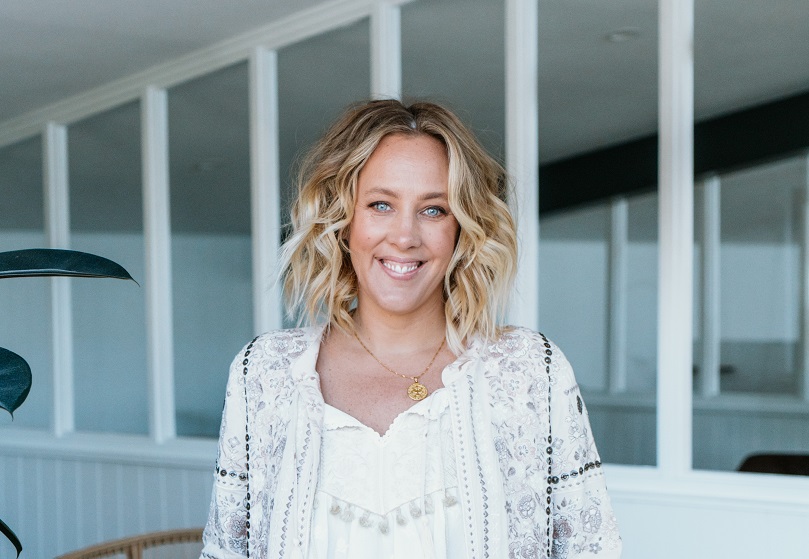Spell: Social media is about more than appearing in your customers’ newsfeeds

Lush published its final posts on Facebook, Instagram and Twitter last Monday, April 8, explaining that it was “switching up” its approach to social media.
“We are tired of fighting with algorithms, and we do not want to pay to appear in your newsfeed. So we’ve decided it’s time to bid farewell to some of our brand social channels…and open up the conversation between the Lush Community and us instead,” Lush UK wrote in the posts.
The retailer said customers could continue to follow the #LushCommunity hashtag to see user-generated content, and learn about new products by signing up to its email newsletter. It will continue to provide customer service via email, live chat and phone.
Lush’s local team told Internet Retailing that it doesn’t have any plans to remove its social channels in Australia and New Zealand.
“We’ll be keeping them as a way to engage with our customers and share stories from the brand as usual.”
Consumers push back
But while many customers expressed enthusiasm for the retailer’s decision, others, like Twitter user Heidi Tandy, said they would miss the ease of staying up to date with the company’s products and information on the social platforms where they spend their time.
That’s frustrating and disappointing. I check Twitter much more often than I check promo emails.
— Heidi Tandy (my tweets are not legal advice)? (@travelingheidi) 8 April 2019
And some, like Facebook user Hannah Rebecca, disagreed with Lush’s statement that social media has made it harder for brands to talk directly with customers. She pointed out that social media has enabled consumers to encourage businesses to adopt more sustainable practices, something Lush cares deeply about.
Many retailers, meanwhile, were left scratching their heads at the decision, despite empathising with Lush’s frustration over the diminishing organic reach for brands on social media.
“It doesn’t make sense,” Elizabeth Abegg, co-founder of Spell & The Gypsy Collective, told Internet Retailing.
“Yes, engagement is down because the algorithms don’t allow your post to be shown to customers, but being on social media is about more than just appearing in your customers’ newsfeeds.”
Social accounts are still free
Abegg argued that many people use social media to learn more about brands and their products, and that brands risk losing control of their message, if they don’t have an account that their own team is managing.
“Every brand has a certain vibe. You might go to a young, millennial brand’s account, and it’s very cool. Spell’s account is very kind; it’s a place where you feel welcome and safe. It’s like meeting at a common ground, so to not have an account seems really crazy.”
Abegg also pointed out that Lush could maintain its social media presence – and provide a gathering place for its community – for free.
“Having a social media is still 100 per cent free. You don’t have to pay for advertising if you don’t want to, and then you’re still providing a safe place for your customers to come and see your products and meet like-minded people,” she said.
A hashtag isn’t enough she said, since anyone can add the #LushCommunity hashtag to their post, even if it’s not relevant.
But ultimately, Abegg said she doesn’t understand Lush’s issue with paying for advertising on social media.
“We wouldn’t go to Elle and ask to run an ad for free; we wouldn’t expect that. Facebook and Instagram started out free and proved their value, and now all these brands are asking why they can’t get it for free anymore?”
Comment Manually
You must be logged in to post a comment.



No comments